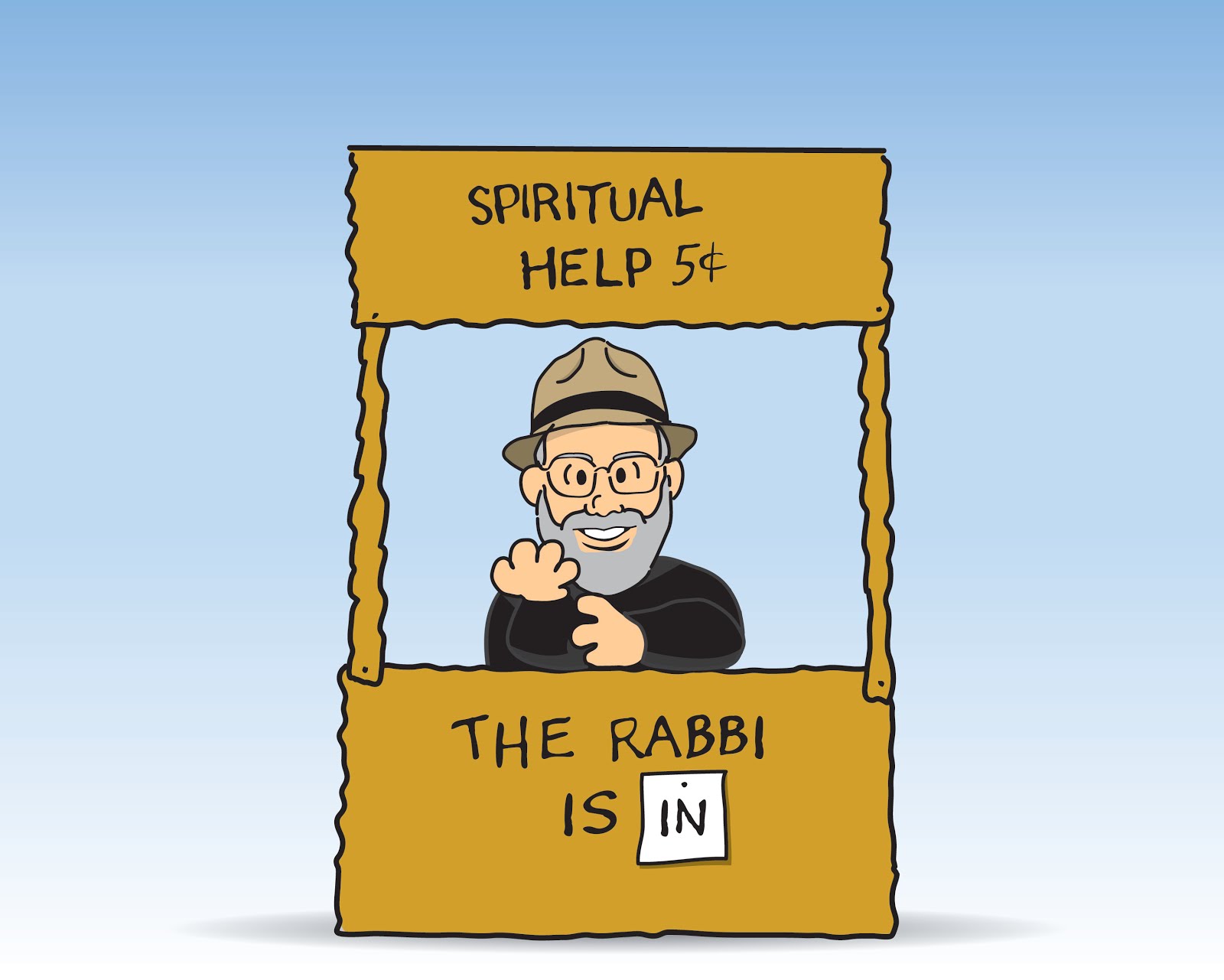Hanukkah begins this Sunday at sundown, and Jews around the world will celebrate the defeat of those Hellenizing Jews and the army of King Antiochus IV who desired to bring Jews into the second century BCE. I have lots of questions regarding the holiday.
For example, why would a Greek despot like Antiochus IV use Roman numerals in his name? And why did the Jewish traditionalists fear the naked games that the Greeks brought with them? Most Jews I know would be too embarrassed to be seen naked (having eaten too many latkes no doubt), so they aren’t going to participate in the games. Perhaps since the games featured naked men the sages were fearful of an outbreak of homosexuality.
And, what was so wrong with hellenization (“going Greek”), anyway? It can’t be the name; “Hellen” is a nice name, even if it does have one too many “L’s” in it. And it can’t be the food Greeks eat; who objects to a nice salad? Of course there is the possibility that if we ate more Greek salads we might slim down enough to enter the Greek games, but I think Jews are too addicted to brisket for that to be a serious concern.
Sure being forced to slaughter pigs to Zeus in the Temple in Jerusalem is a bit troubling, but is it really worse than slaughtering cows to YHVH? Tomato, tomahto: they’re both fictional characters with an endless craving for barbeque. Maybe it is the Greek’s politics that offends me? Let’s see.
The Greeks gave us democracy. They argued (with Plato and his dictator-loving mentor Socrates being notable exceptions) that humans are born with an innate capacity to reason sufficient, when educated, to allow people to govern themselves. The Greek polis (city-state) had no king. Even Sparta, the exception to this rule, limited the monarch’s role to commander of the army. Of course by the time of Antiochus IV kings were back in vogue, but the ideals of democracy were still at the heart of Greek philosophy (again Plato excepted). Could it be that Judaism isn’t too found of government of the people, by the people, and for the people?
While the Torah warns the people against the institution of kingship, once they do establish a king for themselves God seems to get behind the idea. King David, after all, is our archetype of the ideal ruler, and he came to power through violence. And when the Messiah comes he will not bring democracy with him, but will reestablish the Davidic Kingdom and the sacrificial worship in a rebuilt Temple that will make McDonald’s look like a PETA convention. And then there is the fact that God is called Melech haOlam, King of the Universe. No hope for a democracy there. So maybe what worried the Jewish anti-Hellenizers was the thought that the am haaretz, the hoi polloi as the Greeks would call them, the little people, Yosef the Plumber for example, would somehow gain power at the expense of the priestly aristocracy that ran Judaism? I don’t know.
What I do know is that the Hasmoneans, the ruling dynasty that Judah Maccabee helped establish (his name, by the way, means Judah the Hammer, a nick-name he may have earned while working as an enforcer for a loan shark in his hometown of Modi’in), quickly became the ancient Jewish equivalent of the Bush/Cheney administration.
Anyway, I often wonder which side of the Helleninzing line I would have been on in those days. If I believed then what I believe now, I think I would be a Jewish Stoic, a member of the Wisdom Schools that gave us Ecclesiastes and Job. These were radical sages who had no interest in kings or priests, who denied the facile theology of “do good, get good” that the God of the establishment promoted.
Why does this matter? Maybe it doesn’t. But if you’re going to celebrate Hanukkah this year you have to ask yourself, “Why?” Are you really opposed to democracy? Do you really prefer kings to presidents? Are you really eager to cleanse the Temple so you can slaughter cows to YHVH?
More on this tomorrow.
Wednesday, December 17, 2008
Subscribe to:
Post Comments (Atom)


No comments:
Post a Comment